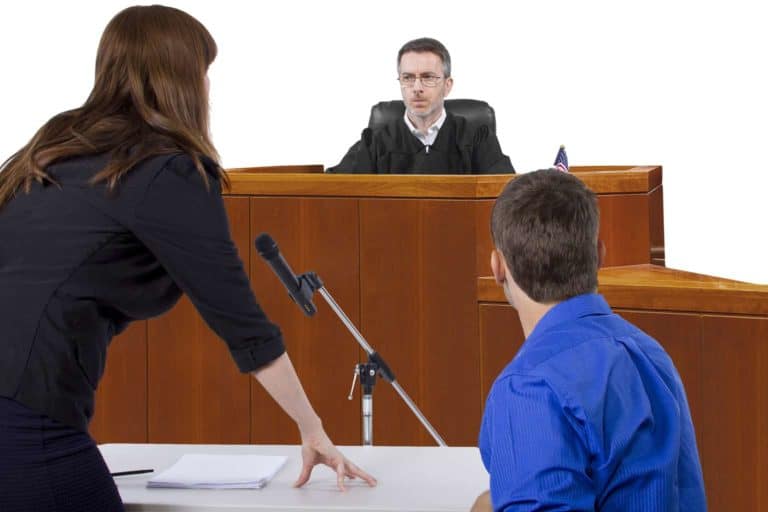One of the most commonly cited legal myths is that if you ask someone if they are a police officer, they have to tell you, or it is entrapment. Not only is this untrue, but it also underscores how little the average person understands about this legal concept. Unfortunately, entrapment is a complex area of […]
Is Lying to the Police a Felony in California?
You can’t be charged with obstruction of justice if you refuse to speak with the police, no matter how many police procedurals say otherwise. But while you have the right to remain silent (as long as you do it right by properly invoking your Fifth Amendment rights) and to have a lawyer present when you […]
Invoking Your Right to Remain Silent
Anyone familiar with the US Constitution knows that the Fifth Amendment protects citizens against self-incrimination. However, most people don’t know that the Supreme Court has ruled that your silence can be incriminating if you do not directly state that you are using this constitutional right. Failing to invoke your rights while staying quiet is considered […]
What Interrogation Techniques do Police Use?
When you are accused of a crime, the police will often work on coaxing you to confess —even if you didn’t actually do it. To do this, police officers rely on several tried and true interview techniques, such as the well-known good cop/bad cop technique. While a skilled criminal defense attorney may be able to […]
How Lawyer May be Able to Get a Confession Thrown Out of Court in Vista
We’ve previously talked about how police push suspects into confessing to criminal acts, but while it’s always better not to confess the first time, you can still fight the charges even if you have already admitted guilt. Here are a few ways a criminal defense lawyer may be able to have a confession tossed out […]
Police Can Legally Lie to Suspects in Vista; Here are the 6 Most Common
Most people assume that because police are charged with upholding the law that they wouldn’t lie to perform their duties. This is a very problematic assumption because it’s simply not true. Law enforcement agents can legally lie to suspects (and often do) to get suspects to confess or otherwise get them to do what they […]
What to do When You are Being Investigated & Signs it’s Happening
In television and movies, the suspect almost always knows the police are investigating them and acts accordingly. But in real life, things are rarely so obvious. You do not legally have to be informed of an investigation, and police often prefer not to notify someone that they are a suspect until they formally charge them […]
Thinking About Cooperating With the Police?
Being investigated for a crime is intimidating. Many people believe that the best way to clear their name is to cooperate with the police in every step of the investigation and answer any questions detectives may ask. Sometimes people worry they will look guilty if they invoke their right to silence, insist on contacting a […]
California Polygraph Law on Lie Detector Test Admissibility
Everyone has heard of polygraphs (often called “lie detectors” by the public) being used by police or prosecutors, but are these tests even admissible in court in California? As it turns out, California law about evidence admissibility makes it very unlikely that a lie detector test’s results will be admitted in court. However, police still […]
Surprising Things Police Can Do Without A Warrant
The Constitution may protect you from unreasonable search and seizure, but many people have no idea how complex search warrant laws are. For example, the police cannot search your cell phone without a warrant, but they can search your car without a warrant if they have “reasonable suspicion.” In fact, they can do many things […]


















